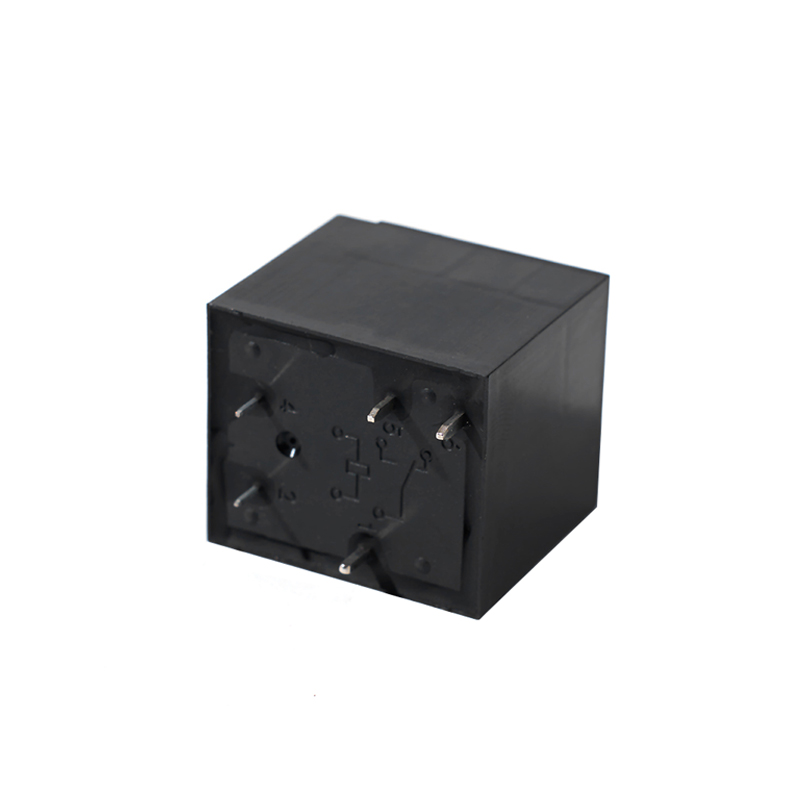Marine electrical systems demand reliability, precision, and flexibility to handle complex operations on vessels. Relays play a crucial role in these systems by providing safe and efficient control over various electrical circuits. From navigation equipment to lighting and communication systems, relays ensure smooth operation under the challenging conditions at sea. Two types of relays commonly used in marine environments are subminiature power relays and signal relay switches.

Subminiature power relays are compact devices designed to manage moderate power loads while occupying small space. In marine vessels, space is often limited, making these relays ideal for control panels where size and efficiency are critical. These relays can handle a variety of loads, including motors, pumps, and small heaters, while maintaining reliable switching performance.
The compact design allows for installation in confined spaces without compromising the functionality of the electrical system. Subminiature power relays are designed to withstand vibrations and humidity, which are common challenges in marine environments. Their durability ensures that essential equipment remains operational even under continuous use, reducing the risk of electrical failures that could disrupt ship operations.
Signal relay switches are specialized relays that manage low-current signals in sensitive circuits. These relays are widely used in marine systems to control indicators, alarms, and communication devices. They provide precise switching with small power consumption, which is critical for systems that rely on accurate signal transmission.
One of the primary advantages of signal relay switches is their ability to separate control circuits from high-power loads. This separation protects sensitive electronics from potential damage caused by voltage spikes or short circuits. In marine environments, this feature is particularly valuable as vessels often encounter fluctuating power conditions and electrical noise.
Relays are essential components in navigation and communication equipment on ships. Subminiature power relays can control auxiliary devices such as radar transmitters, searchlights, and GPS modules, ensuring that these devices operate only when needed. Signal relay switches, on the other hand, manage communication lines and alarms, allowing crew members to receive accurate signals without interruption.
For example, relays can automatically switch between power sources for backup navigation systems. This function ensures that critical systems remain active during engine start-up or when switching from shore power to onboard generators. Both subminiature power relays and signal relay switches contribute to operational reliability, reducing the likelihood of human error and mechanical failure.
Marine electrical systems must meet strict safety standards, and relays are a key part of maintaining these standards. Subminiature power relays can interrupt high-current circuits in the event of overloads, protecting motors, pumps, and lighting systems from damage. Signal relay switches prevent signal interference, ensuring alarms and communication devices operate correctly.
Relays also play a role in redundancy strategies on vessels. By integrating multiple relays into control circuits, electrical designers can ensure that if one relay fails, another can maintain the system's function. This redundancy is critical for navigation, engine monitoring, and emergency response systems where uninterrupted operation is essential.
Marine environments expose electrical components to saltwater, humidity, vibration, and temperature variations. Both subminiature power relays and signal relay switches are designed to cope with these conditions. Their sealed construction prevents corrosion, while high-quality contacts ensure consistent performance over time. Relays that meet marine-specific standards provide confidence that electrical systems will continue to function under demanding conditions.
In addition, these relays offer flexibility in installation and replacement. Their standardized mounting options allow technicians to service or upgrade electrical systems efficiently, less downtime during maintenance.
Relays are indispensable components in marine electrical systems, providing reliable control and protection for a wide range of equipment. Subminiature power relays handle compact, moderate-power circuits efficiently, while signal relay switches ensure precise control for low-current and sensitive applications. Together, these relays support the safe and efficient operation of navigation, communication, lighting, and other essential systems aboard vessels. By combining durability, reliability, and adaptability, relays help maintain operational stability in the challenging marine environment.
Quick Contact
Yueshang Innovation Park, Wengyang Street, Yueqing City, Zhejiang, China
Pages
Stay In Touch
If you have any questions or need help, feel free to contact with our team.